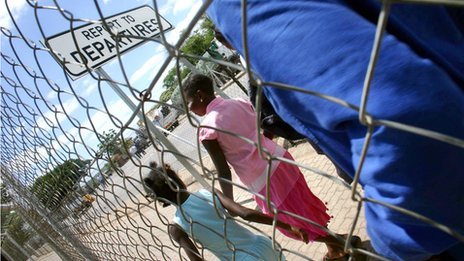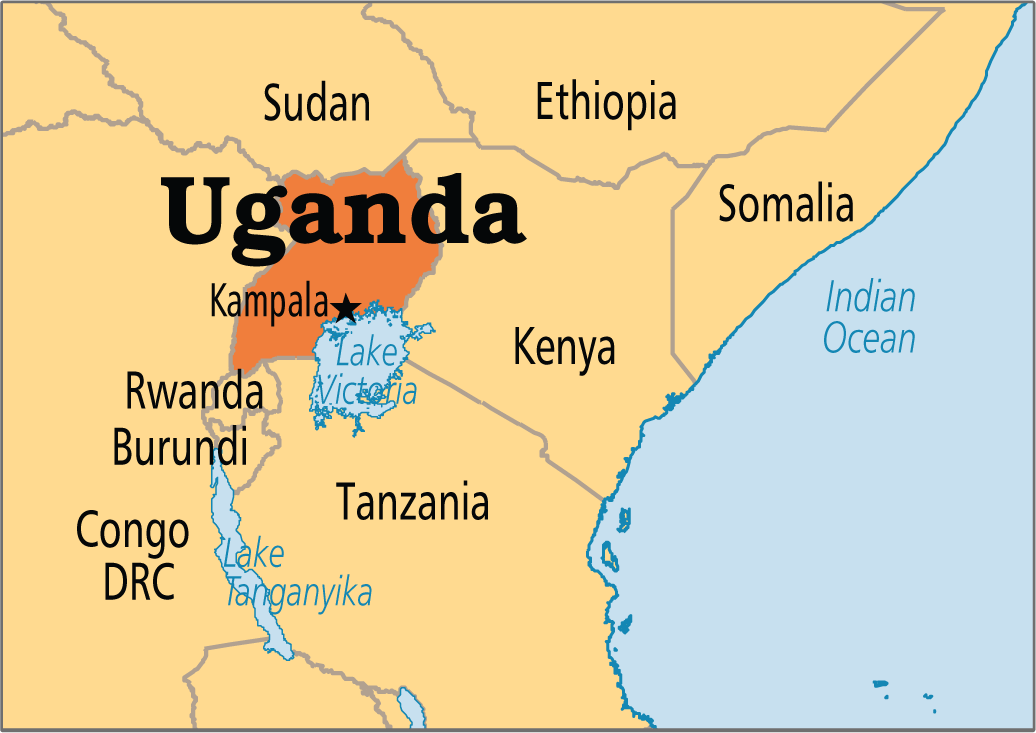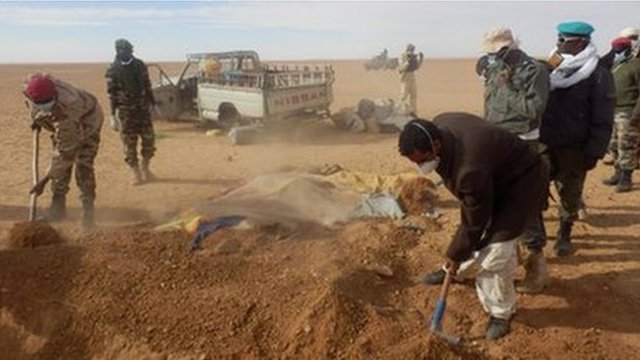By: Danielle L. Gwozdz
Impunity Watch News Reporter, Africa
MAPUTO, Mozambique – Mozambican officers have rescued 27 children being smuggled to South Africa.

The children were between the ages of 1 and 7.
Seven people were arrested for attempting to smuggle these children across the border to South Africa.
Children end up in the hands of smugglers when parents send their children to stay with relatives in South Africa during school holidays. Instead of going to their relatives, many of them end up being smuggled.
Many of the children also end up in the hands of criminal networks.
When parents send their children to South Africa, they risk the potential for the children to be smuggled and forced into prostitution, child labor, illegal adoption, or used in “witchcraft,” BBC reports.
One of the mothers, whose child was smuggled, denies any criminal intentions when she sent her child on a minibus with the group. This group was later arrested for smuggling.
“I always took my child with me to Johannesburg because she was attached to my now-expired passport. This time I could not secure money to get a passport for my child,” said the mother, who has not been named in the local media.
One of the arrested men alleged of trafficking the children denies they were smuggling children. He claims they were paid to bring the children to South Africa to spend the holiday season there.
However, the police are confident they were dealing with child trafficking.
“We are talking about children who are not authorized to cross the border without being accompanied by a relative,” police spokesman Emidio Mabunda said.
“Even with a relative, the child must have a passport or must be attached to a passport of a parent.”
Some of the children found were sent back to their families, whereas others were put into the care of the social welfare department.
For more information, please visit:
BBC News – Mozambique ‘child smuggling’ arrests at South Africa border – 12 November 2013
Ghana Visions – Mozambique Child Smuggling Arrests At South Africa Border – 12 November 2013
Local UK News – Mozambique ‘child smuggling’ arrests – 12 November 2013
NewsForAfrica.com – Mozambique ‘child smuggling’ arrests – 12 November 2013


